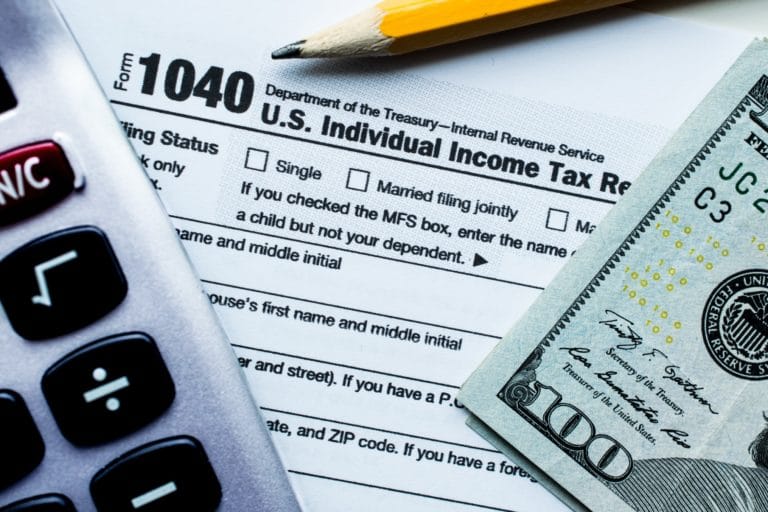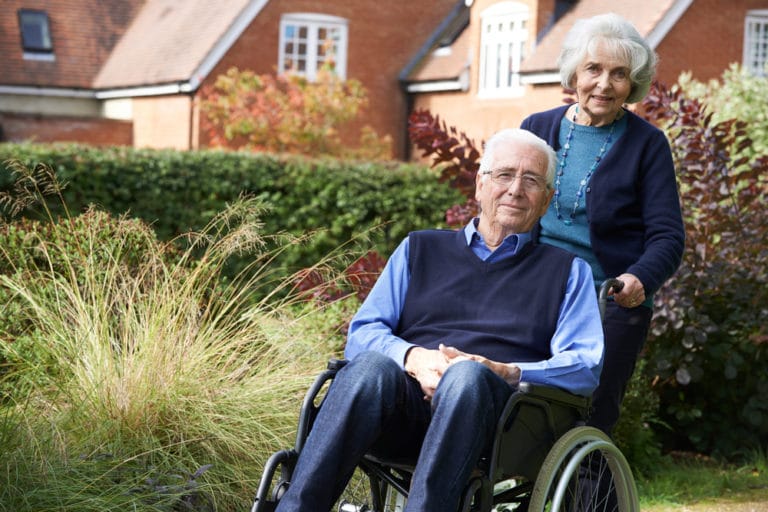What Is Respite Care? Can It Help With Caregiver Burnout?
It is easy to burn out when you are responsible for providing full-time care to an aging or disabled loved one.

It is easy to burn out when you are responsible for providing full-time care to an aging or disabled loved one.

The number of seniors who have an income above the Medicaid threshold — but lack substantial personal savings to afford long-term care — is projected to grow by nearly 90 percent over the next decade.

The U.S. Supreme Court has agreed to hear a case that has the potential to affect anyone who receives government assistance with their medical care following a disabling injury that results in a lawsuit.

In order to qualify for Medicaid, a nursing home resident’s income must not be above a certain level.

Medicaid law provides special protections for the spouses of Medicaid applicants to make sure the spouses have the minimum support needed to continue to live in the community.

The basic Medicaid rule for nursing home residents is that they must pay all of their income, minus certain deductions, to the nursing home.

In some states (called “income cap” states), Medicaid applicants who have excess income can qualify for Medicaid only if they put the excess in a special trust, called a “Miller” trust or a “Qualified Income Trust.

In order to be eligible for Medicaid benefits a nursing home resident may have no more than $2,000 in “countable” assets (the figure may be somewhat higher in some states).

Caring for an ailing family member is difficult work, but it doesn’t necessarily have to be unpaid work. There are programs available that allow Medicaid recipients to hire family members as caregivers.
© 2020-2024 Hardy Law Firm, LLC
All Rights Reserved